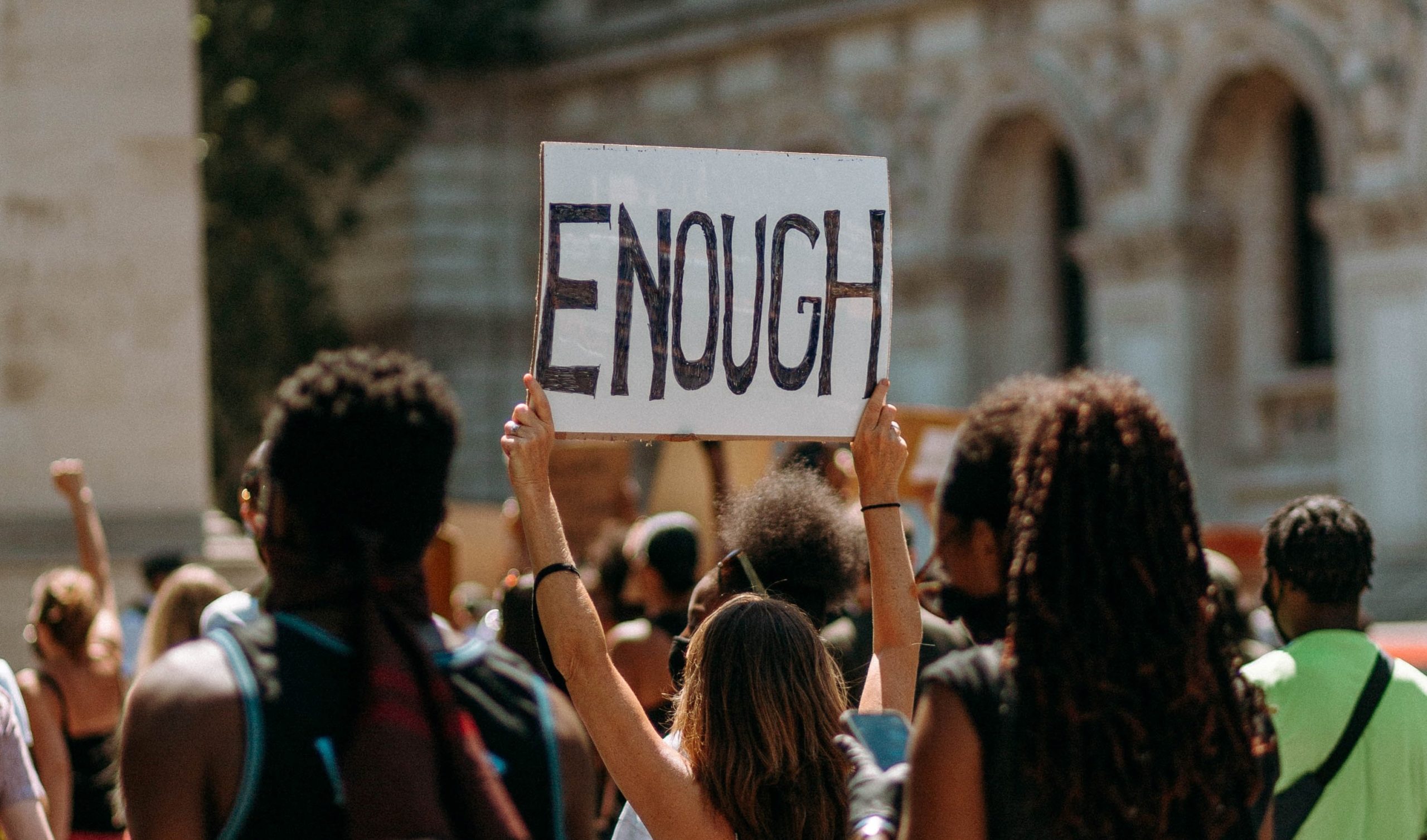A recently-published article in The Guardian entitled “What has growing up watching porn done to my brain – and my sex life?” chronicled the experiences of author Annie Lord growing up in the 2000s, and the impact porn had – and continues to have – on the emotional and sexual development of her and her peers. Perhaps surprisingly, the article doesn’t follow an all-too-familiar narrative about the empowering influence of porn on teenagers growing up in the digital era; rather, it critically questions the effect of watching such material from a young age.
Lord discusses the impact that viewing “pornified” bodies had on her own sense of self-worth and self-perception, saying: “The space between her legs was smooth and hairless, like the skin of an unripe nectarine. She looked like I did, except I was 13 and she must have been older”, going on to state: “I wanted to learn to be like those malleable, impressive bodies.”
What Lord describes is a typical example of porn culture seeping into the wider consciousness of women and girls, and men and boys. Porn has long been criticised for its imparting of unrealistic beauty standards and sexual performances; indeed, this is something that has been recognised by both pro- and anti-porn activists. However the solution differs sharply between both camps: pro-pornography groups argue for the production of more “realistic porn” while anti-porn and the wider anti-sexual exploitation sector (where CEASE sits) advocate for the eventual abolition of an industry that is fundamentally founded upon exploitation, abuse and, yes, harmful portrayals of sex.
Research shows that as many as six out of seven women believe that porn has affected the way men believe women should look and act, both during and outside of sex. As Lord outlines in her article, and as other research confirms, the women involved are often presented in such a way as to enjoy anything that is being done to them, regardless of whether they do actually enjoy it.
As a landmark study conducted in 2021 established, and as other research highlights, the consumption of such material filters down into the lives of those who are watching it, and it shapes and moulds their understanding of how to actually engage in sex, so much so that the expectations and desires of the other person are often wholly disregarded.
This has a damaging psychological effect as well. For example, in heterosexual relationships where the men consumed porn but their female partners didn’t, the more prolonged the male’s porn use, the worse their female partner’s self-esteem and self-perception became.
The relationships as a whole are also impacted. Studies show that those who consume porn often report lower levels of relationship satisfaction, a lessened ability to communicate, and decreased satisfaction when it comes to sex.
Whilst this may paint a depressing picture, there are positives to be found. Those who have grown up in this porn-soaked culture – namely, “Gen Z” – are beginning to push back against the normalisation of porn and the wider industry. 2021 saw the rise of the #CancelPorn movement on TikTok, with young users highlighting just how exploitative and damaging the industry can be. We can also look to the FemaleDatingStrategy subreddit, which has over 237,000 subscribers. The FDS movement promotes an explicitly anti-porn (as well as anti-BDSM and anti-prostitution) approach to modern-day dating for young women.
Whilst these may seem like small steps in the face of the monolithic and global porn industry, we mustn’t lose sight of the fact that combating the porn industry requires a change in culture as well as industry. Social movements that engage people from all demographics, young and old, will begin to push back at all of the harmful aspects of the porn industry, and not just in ways that try to confine and restrict its immediate accessibility through legislative change. If we are to see an end to this abusive industry, we need to cross divides and bring in people from all walks of life. As these movements by Gen Z show, they are doing just that.
